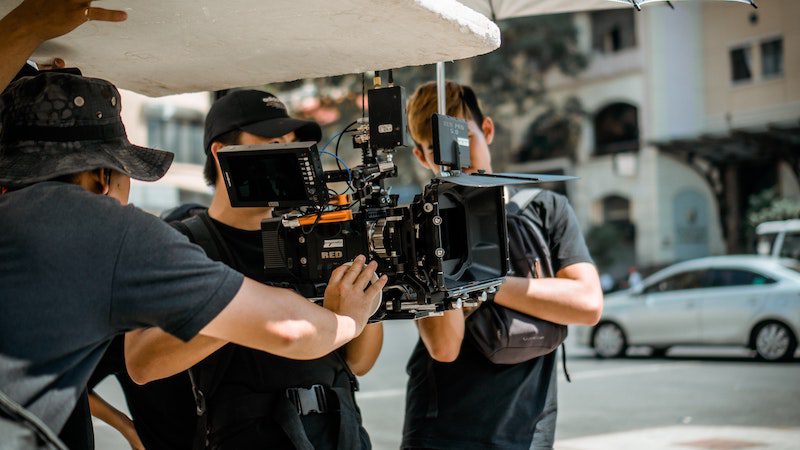Camera operators are employed by television and cable companies, within the film industry and by video production houses. They are responsible for operating a variety of technical equipment including single and multiple portable, remote-control and electronic cameras, cranes and mobile mountings. Other responsibilities include:
What does a camera operator do?
- assembling and setting up equipment
- planning, preparing and rehearsing scenes
- following camera scripts
- creatively framing and capturing action
- responding quickly to directions
- liaising with lighting and technical staff.
The job can be physically tiring and demanding, often requiring travel between locations and long and irregular working hours.
Qualifications and training required:
There are routes into camera operating for both university graduates and school leavers.
Practical skills, enthusiasm and relevant experience are usually more highly valued than academic qualifications, although a television, film, photography, media studies or performing arts degree will be helpful. It is important to be able to demonstrate a genuine interest in the work, backed up with evidence of theoretical competency and good technical abilities. Experience can be gained via hobby interests and/or amateur photography, film or video work.
Key skills for camera operators:
Potential employees need plenty of stamina, should be physically fit, observant, capable of concentrating for long periods of time, and must have excellent hand-eye co-ordination, hearing and color vision.
Recommended IBDP subjects needed to apply to university:
No specific IBDP subject requirements, however taking IB Film would be a good idea.


